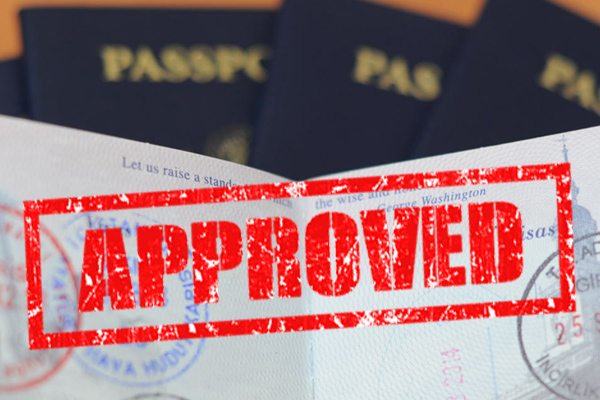Trending
EB-5 program extended through September
The extension was passed as part of the federal spending bill on Friday.

The EB-5 visa program is sticking around, though there is a mixed reaction about the circumstances.
The program, which allows foreign investors to obtain a green card if they put $500,000 into job-creating projects, will remain in place until September 30, thanks to its inclusion in the spending bill Congress passed yesterday as Mansion Global reports.
Known to some as the “crack cocaine of real estate financing,” the program was almost extended for five years, until the proposed legislation was scuttled earlier this week in what some call a victory, while others expressed disappointment.
Some within the industry were hoping for permanence such as Justin Gardinier, founder and CEO of TigerBridge Capital (formerly JSG Capital).
“Getting six years of certainty on the program — and adjusting to a new reality — ultimately, I think, would have been better for the industry as a whole,” he told The Real Deal.
Other industry leaders such as Nick Mastroianni II, the CEO and chairman of the U.S. Immigration Fund, breathed a sigh of relief.
In a statement, he said “we are grateful that the leaders of Congress did not let a small group of legislators, who did not share their proposed changes to their fellow members or the public until the very end, ram through a bill that would have mortally wounded or destroyed the EB-5 program.” A framework of the legislation did circulate, however, and several industry leaders weighed in favorably when the TRD spoke with them in late January.
Sen. Chuck Grassley, who backed the legislation, went on a Twitter tirade a week ago when he learned the proposal was off the table, as The Real Deal reported, blaming the “moneyed interests” of “Manhattan real estate moguls” for the failure.
Grassley’s proposed law would have extended the visa program through to 2023, allocated 1,450 visas for projects located in rural areas and raised the minimum investment to $925,000. [Mansion Global] — Erin Hudson




